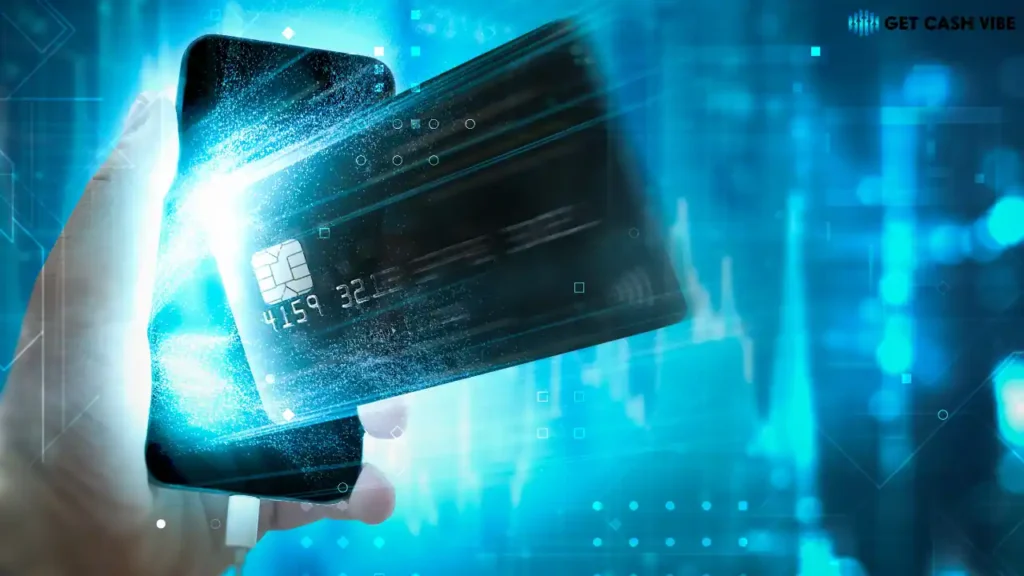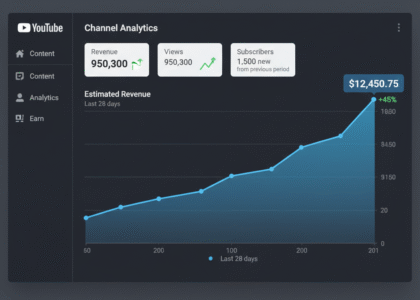Introduction
Building credit is a crucial step toward financial stability. Whether you’re just starting or recovering from past financial mistakes, finding the right tool to establish good credit can be challenging. One option many consider is Self, a credit-building service designed to help individuals improve their credit score through a structured loan system. But is Self the right choice for you? In this guide, we’ll explore how Self works, its benefits and drawbacks, and alternative ways to build credit effectively.
What is Self and How Does It Work?
Self is a credit-building loan service that allows users to save money while improving their credit score. Unlike traditional loans, where you receive funds upfront and repay them over time, Self holds the loan amount in a certificate of deposit (CD) while you make fixed monthly payments. Once you complete the term, the money is released to you, minus any fees and interest.
Key Features of Self:
- No upfront money needed to start
- Monthly payments contribute to your credit history
- Reports to all three major credit bureaus (Experian, Equifax, TransUnion)
- Helps establish a positive payment history
Pros of Using Self to Build Credit
1. Reports to All Major Credit Bureaus

One of the biggest benefits of Self is that it reports your payments to all three major credit bureaus. Consistent on-time payments can help improve your credit score over time.
2. No Credit Check Required: Build Credit with Self
Since Self is designed for credit-building, it does not require a hard credit inquiry, making it an accessible option for those with poor or no credit history.
3. Encourages Saving Habits
Unlike regular loans, Self helps you build savings. At the end of your loan term, you receive the money you paid in, minus fees. This can be a great way to establish good financial habits.
4. Flexible Payment Plans: Build Credit with Self

Self offers different loan amounts and terms, allowing users to choose a plan that fits their budget. This flexibility ensures that almost anyone can participate.
Cons of Using Self to Build Credit
1. Fees and Interest Charges
Self is not free. It comes with administrative fees and interest charges, which means you’ll end up paying more than you receive at the end of the loan term.
2. Missed Payments Can Hurt Your Credit

Since Self reports to credit bureaus, late or missed payments can negatively affect your score. Users must commit to timely payments to see benefits.
3. Limited Immediate Benefit
Unlike secured credit cards that provide immediate access to funds, Self requires patience. You only receive your money after completing the term, which might not be ideal for those needing quick financial relief.
Alternative Ways to Build Credit
If Self isn’t the right fit, consider these alternative methods to build credit:
1. Secured Credit Cards
Secured credit cards require a refundable deposit as collateral, allowing you to build credit with controlled spending.
2. Authorized User on a Credit Card
Being added as an authorized user on a family member’s credit card can help build your credit history without taking on debt.
3. Credit Builder Loans from Banks or Credit Unions

Some traditional financial institutions offer credit builder loans similar to Self, often with lower fees and better terms.
4. Rent and Utility Payment Reporting
Some services allow you to report rent and utility payments to credit bureaus, helping improve your credit score.
FAQs
1. Does Self guarantee a credit score increase?
No, but making on-time payments and maintaining responsible financial habits can help improve your score over time.
2. Can I withdraw money from Self early?
You can close your Self account early, but you will not receive the full loan amount due to fees and interest.
3. How long does it take to see credit score improvements?
Many users see improvements within 3 to 6 months, but results vary based on overall financial behavior.
4. Is Self better than a secured credit card?
Self and secured credit cards serve different purposes. If you need immediate access to credit, a secured card may be better. If you want a savings component, Self could be the right choice.
Conclusion
Self can be an effective tool for building credit, especially for those who struggle to qualify for traditional credit cards or loans. However, it comes with fees and requires consistent payments. Before signing up, evaluate your financial goals and consider alternative credit-building options.
Ready to take control of your credit? Explore more personal finance tips and strategies at GetCashVibe today!






